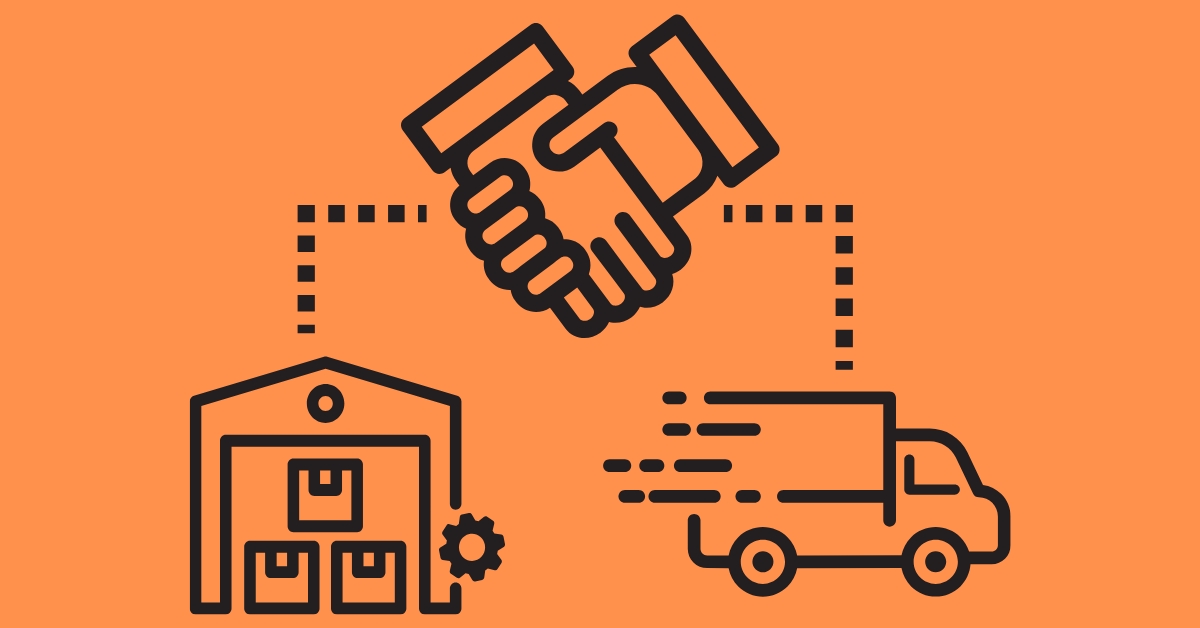Currently Empty: $0

How Forensic Accountants Help in Corporate Fraud Detection
Introduction
Corporate fraud poses a significant threat to businesses, resulting in financial losses, reputational damage, and legal complications. From embezzlement and accounting manipulation to bribery and asset misappropriation, fraud schemes can undermine organizations’ integrity. This is where forensic accountants step in. With a combination of accounting expertise, investigative skills, and legal knowledge, forensic accountants play a pivotal role in detecting and preventing corporate fraud.
Here’s a closer look at how forensic accountants contribute to uncovering fraud within corporations.
1. Investigating Suspicious Transactions
Forensic accountants analyze financial statements and transaction records to detect irregularities. They look for unusual activities, such as large, unexplained withdrawals, fictitious expenses, or unauthorized transfers. These experts employ data analytics tools to sift through vast amounts of data, identifying patterns and trends that indicate potential fraud.
Forensic accountants can uncover inconsistencies or deliberate misstatements that may point to fraudulent behavior by comparing financial records with company policies and external benchmarks.
2. Tracing Asset Misappropriation
One of the most common forms of corporate fraud is asset misappropriation, where employees or management misuse or steal company assets. This can include cash theft, inventory fraud, or misuse of company resources. Forensic accountants use document analysis and transaction tracing techniques to track the flow of assets, ensuring that every transaction aligns with company records.
If assets are missing or misappropriated, forensic accountants identify how the fraud was executed and pinpoint the individuals involved.
3. Uncovering Financial Statement Fraud
Fraudulent activity sometimes involves manipulating financial statements to present a more favorable picture of the company’s performance. This fraud may include inflating revenues, understating liabilities, or falsifying expenses to mislead investors and stakeholders.
Forensic accountants conduct in-depth reviews of financial statements, identifying discrepancies between reported and actual figures. They also investigate unusual journal entries or off-the-books accounts that may have been used to manipulate financial reports.
4. Conducting Interviews and Gathering Evidence
As part of the investigation process, forensic accountants interview employees, vendors, and other stakeholders to gather relevant information. They aim to corroborate financial data with statements of those involved and uncover inconsistencies.
These interviews often help forensic accountants identify vital individuals responsible for fraud and build a timeline of events to understand how the scam was carried out.
5. Supporting Legal Proceedings
Forensic accountants provide detailed reports and evidence to support legal action against fraudsters. They prepare comprehensive documentation that outlines their findings, ensuring they meet legal standards. Forensic accountants often serve as expert witnesses during court proceedings, explaining their analysis and conclusions to judges, juries, and attorneys.
Their work is crucial in securing legal convictions and ensuring justice.
Conclusion
Forensic accountants play a vital role in corporate fraud detection by investigating suspicious transactions, uncovering financial misstatements, tracing misappropriated assets, and supporting legal actions. Their expertise ensures businesses promptly identify and address fraud, minimizing economic losses and protecting their reputation. As fraud schemes become increasingly sophisticated, forensic accountants will remain indispensable in safeguarding the integrity of organizations and promoting accountability.
#ForensicAccounting #FraudDetection #CorporateFraud #FinancialInvestigation #FraudPrevention #AccountingForensics #LegalSupport #CorporateGovernance #ForensicAccountants #FraudAnalysis


 0
0



